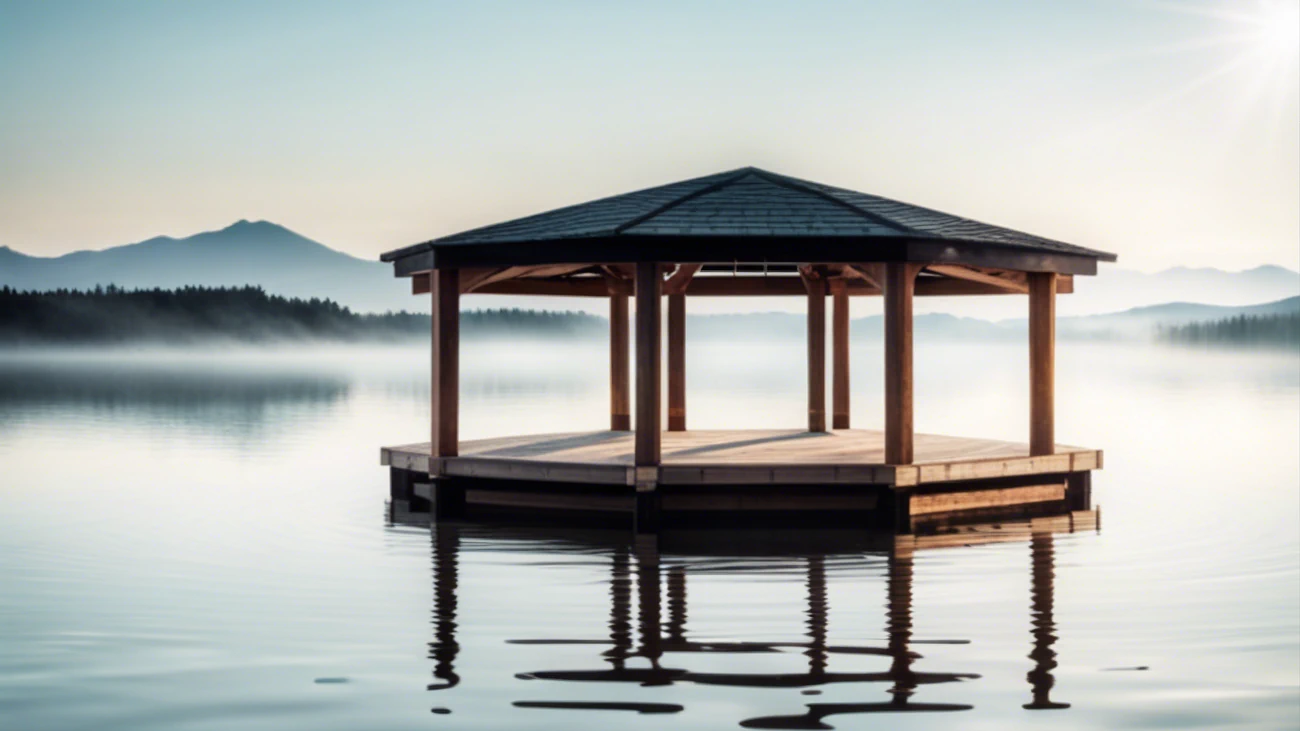What is a floating platform?
Floating platforms are structures built on water that are used for various purposes, such as oil and gas production, renewable energy generation, construction of recreational facilities, and housing. They are able to support a lot of weight and withstand extreme weather conditions. Some are demountable and transportable, making them useful for temporary projects or in remote areas where traditional construction is not feasible. Floating decks have improved in design and aesthetics making them a great addition to any property.
What are floating docks?
Floating docks are modular structures made of low-density polyethylene with air-filled chambers that provide buoyancy and stability. They come in many different shapes and sizes, allowing users to create custom designs or choose pre-made configurations to suit specific activities. Additional features such as storage space, safety rails, tie-down cleats, bumpers, and edges can enhance the functionality and safety of floating platforms.
Advantages:
- They are less affected by changes in the water level.
- Require less maintenance.
- They are more adaptable to different sizes and shapes of boats.
- They last longer.
- Versatility.

How to choose a floating platform?
When choosing a floating platform, factors such as the legal requirements of the location where it will be installed, the type of water it will be placed in, the choice of construction materials, and stability, safety and accessibility for users must be taken into account. Additional features such as storage boxes, benches and ladders should be considered depending on the intended use.
Construction materials
Wood, aluminum and polyethylene are the most common materials used in the construction of floating platforms and docks.
- Wood requires constant maintenance and is prone to rotting, warping, splintering and insect damage.
- Aluminum is weather and scratch resistant, lightweight and resistant to most impacts.
- Polyethylene is a robust, adaptable and light polymer that does not deform or rust, resisting extreme weather conditions. In addition, its flexibility allows it to adjust to the movements of the water.
Stability, security and accessibility
Safety and stability are critical aspects to consider when building a floating platform or dock structure. Additional safety railings are essential for rigs in rough or deep water and those frequently visited by children. Platforms must provide users with ample room to move and navigate, the ability to include additional safety features such as bumpers and boat railings. The floating decks' polyethylene construction allows them to stay cool and burn-free even in the hot summer sun.
We will address these topics in more detail on this website, I hope you like it!
Are you still interested in this topic?
A good idea is to continue here:

